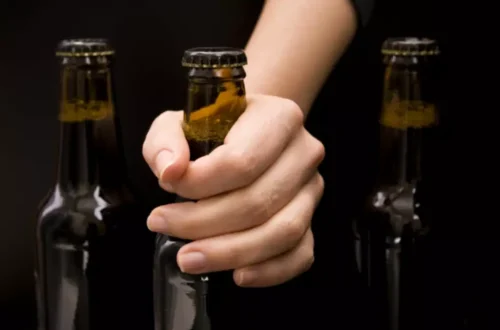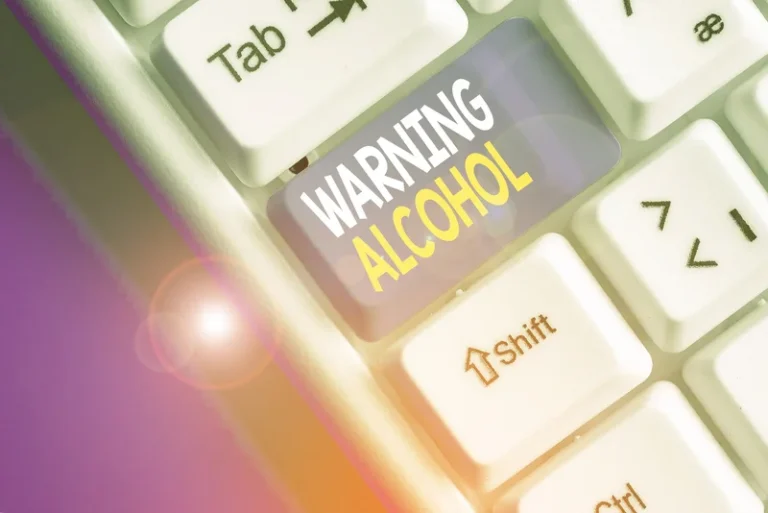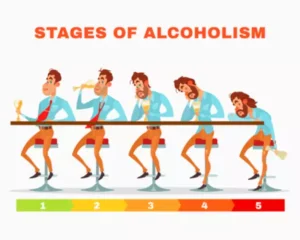
The findings might make you want to change your drinking — and implicitly, your sleeping — habits. Insomnia is a common sleep disorder that causes difficulty falling https://ecosoberhouse.com/ or staying asleep. Due to the lack of uninterrupted sleep you can experience overnight, you are more prone to feeling excessively tired throughout the next day.
Dr. Abhinav Singh,
Abnormalities in the timing of REM sleep wouldappear to last longer into the abstinence period. The role of circadian misalignment indisturbed brain reward function, and its role in the development of alcohol use disorders isthe subject of a recent review by Hasler and Clark (2013). In summary, alcohol misuse (heavy alcohol use and AUD) appears to be linked in a bi-directional fashion to sleep-related problems such as insomnia and circadian rhythm abnormalities.

Alcohol and REM Sleep: What the Science Says
In the short term, these alterations to our sleep pattern can lead to a restless second half of the night. In the long term, frequent disruptions to our natural sleep cycle may alter the homeostatic drive in a more permanent way. People who abuse alcohol long-term don’t seem to display the deep recovery sleep that most people show after sleep deprivation, suggesting that the homeostatic drive is no longer functioning as it should. Finally, regular drinking has been linked to insomnia and other sleep disorders, especially later in life. Keep in mind that for people with AUD, sleeping issues may persist through the withdrawal phase. Researchers from a 2020 study concluded that those with AUD need at least 5–9 months of abstaining from drinking in order to normalize their sleep duration and rhythm, so try to be patient with yourself during this time.
- When you drink alcohol, it’s absorbed through the stomach and small intestine and moves into your bloodstream.
- Alcohol is classified as a central nervous system depressant, meaning it slows down brain activity.
- REM sleep has a restorative effect and plays a role in memory and concentration.
- However, there is evidence that alcohol consumption also disrupts sleep, particularly the period of rapid eye movement (REM) sleep7.
- All this is to say that “just quitting” isn’t always easy, even when alcohol use harms your sleep and well-being.
Leads to Insomnia

People who go to bed with alcohol in their system may be more likely to wake early in the morning and not be able to fall back to sleep, another consequence of the rebound effect. Circadian rhythms regulate nearly all of the body’s processes, from metabolism and immunity to energy, sleep, and sexual drive, cognitive functions, and mood. Alcohol consumption can lead to a lack of sufficient quality sleep, which can seriously affect cognitive functions such as learning and memory. During sleep, a person’s heart rate should slow and drop to below 60 beats per minute.

You’re staring at screens before bed
Take our short alcohol quiz to learn where you fall on the drinking spectrum and if you might benefit from quitting or cutting back on alcohol. If you sleep better when you don’t drink, you might consider stopping alcohol use entirely. However, if you continue to have sleeping difficulties, reach out to a sleep specialist. A questionnaire-based cross-sectional survey was conducted with 234 men and 159 women who had visited a general hospital.
- Consider talking to your doctor to see if there’s a health-related reason you’re waking up so often.
- Older research suggests the effects on REM sleep appear to be dose related.
- While alcoholdoes not lead to presynaptic GABA release in the thalamus or cortex the way it does insome other brain regions (Kelm, Criswell, and Breese2011), it does enhance the function of GABAA receptors.
- Maybe you enjoy a glass of beer or wine after dinner, or your weekends include drinking with friends at bars or social events.
- Among both men and women, depression symptoms and anxiety symptoms were significantly correlated with increased PSQI-K values.
- Furthermore, an evening chronotype and greater shifts in weekday-weekend sleep-wake schedules have been linked to alterations in the brain sensitivity to reward and possibly a change towards greater substance use behavior.
Small amounts of alcohol may cause short-term sleep disturbances, but frequent and large quantities of alcohol consumption may lead to chronic insomnia for certain individuals. The sleep EEG effects in those with long-term alcohol dependence are theopposite to those following acute alcohol administration. One possible mechanism islong-term alteration in responsiveness of GABA mechanisms. There is evidence of allostericmodification alcohol and sleep of GABA receptors (Kang, Spigelman, and Olsen1998; Follesa et al. 2006) and reducedGABAA receptor function (Valenzuela andHarris 1997; Mihic and Harris 1995) inrodent models of alcohol dependence. Thus down regulation of brainstem GABAergic systemsfollowing development of alcohol dependence would lead to diminished activity in REM-offsystems (see Figure 6) leading to an increasedpropensity for REM.
- In the first half of the night, when the body is metabolizing alcohol, studies show people spend more time in deep, slow-wave sleep and less time in REM sleep.
- Yules, Freedman, and Chandler (1966)studied three young non-alcohol dependent, men over 5 nights of drinking, with 1g/Kgethanol administered 15 minutes before bedtime.
- Although experts can’t be certain that alcohol directly causes insomnia, numerous studies have found a link between this sleep disorder and alcohol consumption.
- It also considers ways to manage insomnia and prevent sleep disruption and answers some frequently asked questions.
How does alcohol affect my sleep?
Although experts can’t be certain that alcohol directly causes insomnia, numerous studies have found a link between this sleep disorder and alcohol consumption. To minimize the risk of insomnia and sleep disruptions from alcohol, aim to finish your last alcoholic beverage at least three to four hours before you plan to go to bed. Allowing this time between your last drink and sleep will give your body more time to metabolize the alcohol. While you may still experience effects of alcohol on your sleep, this buffer time may improve their severity.
3. Do complex phenotypes involving insomnia and circadian rhythm abnormalities co-exist?

Generally, the more a person drinks, the more their sleep quality suffers. As a result, they may consume alcohol to speed up falling asleep, but evidence shows this technique does not improve sleep quality. The percentage of REM sleep in the first half of the night was not decreased onthe first drinking night at either the 0.03 or 0.10% BAC doses in the Feige et al. (2006) study. (1980) reported that REM sleep in the first half of the first drinking night(7.0 ± 3.1%) and of the ninth drinking night (9.5± 3.18%)was lower than baseline (17.26 ± 2.20%), although the difference was notstatistically reliable in this small sample.